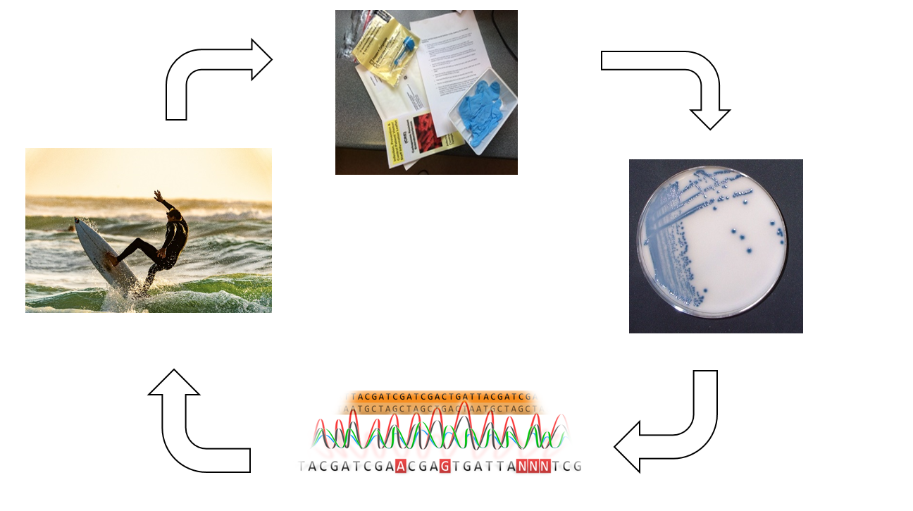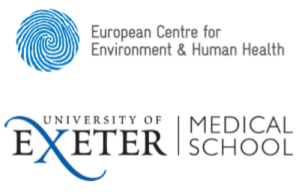Antibiotic resistance (AR) is recognised internationally as one of the greatest threats to humanity. Antibiotic resistant organisms (AROs) and antibiotic residues in livestock, human and industrial waste streams are released in great quantities to natural recreational water environments, including lakes and coastal waters. However, it remains poorly understood as to what impact human exposure to AROs in the aquatic environment has on public health and the spread of AR. The PIER project will explore the health and wellbeing impacts associated with ARO contamination of recreational waters. We will investigate if natural recreational water users are at a higher risk for colonisation and infection with AROs and if this risk can be reduced by wastewater treatment. Studies have shown that access to natural waters for recreation and relaxation is important for wellbeing and quality of life. Key stakeholder interviews will enable exploration of the barriers and enablers to using the natural water environment resulting in a ‘systems map’ which highlights leverage points whereby long, medium and short term change interventions can be developed.

The PIER project aims to inform environmental policy through examination of the human health and wellbeing outcome from exposure to Antimicrobial Resistant Organisms (AROs) in natural recreational waters.
The PIER project objectives are:
- Complete a systematic review of the public health implications (colonisation and infection) associated with exposure to AROs in recreational waters.
- Identify the carriage rate of AROs in the study (water users) and control groups at a specified point in time (point prevalence study).
- Examine the carriage rate of AROs in a cohort of the participants from the study and control groups over a 2 year period (cohort study).
- Determine the relative risk of colonisation from exposure to AROs in recreational waters.
- Identify if introduction of wastewater treatment impacts on colonisation with AROs.
- Examine the impact of ARO contamination of recreational waters on wellbeing and quality of life.
- Support the development of monitoring strategies, regulatory activities and policy development for AR prevention and control in the environment.
Project Partners


Dr Dearbháile Morris, Dr Liam Burke, Dr Louise O’Connor, Prof Martin Cormican, Ms Maeve Farrell

Dr Áine McNamara, Prof Diarmuid O’Donovan, Dr Katharine Harkin, Dr Regina Kiernan


